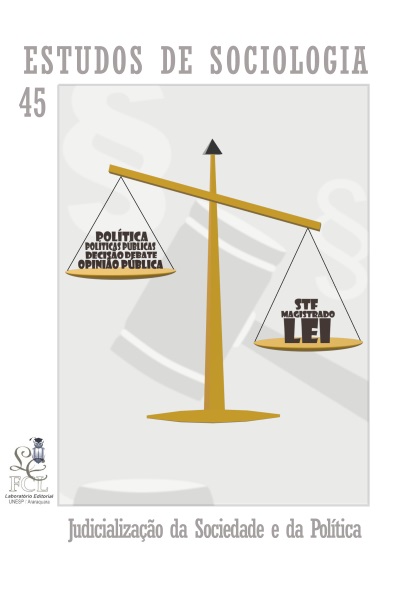The socialization of medicine in the hinterland of São Paulo: the case of São Carlos (1889-1988)
DOI:
https://doi.org/10.52780/res.9493Keywords:
Internalization, Socialization of medicine, Development, Professional autonomy of medicine, São Carlos,Abstract
This paper focuses on the development of socialized medicine in the countryside between 1889 and 1988, as well as the economic and political development of the State of São Paulo. It investigates how the centralization of the Brazilian state created new medical services at the state level, and how this influenced the professional autonomy of medical personnel. The study centers on socialized medicine in São Carlos (SP), where these social factors had an impact during this timeframe, creating specific consequences on both the socialization of medicine and the professional autonomy of medical practices. From the point of view of medical autonomy, socialization produced positive as well as negative effects. The reality of São Carlos is a good example of how the socialization of medicine took effect in São Paulo, and also, more generally, in the wider Brazilian countryside. The research used bibliographical research as well as the minutes of the Sociedade Médica de São Carlos and 15 interviews with physicians and local citizens based on oral history.
Downloads
Downloads
Published
How to Cite
Issue
Section
License

À revista Estudos de Sociologia ficam reservados os direitos autorais pertinentes a todos os artigos nela publicados.
Os artigos publicados e as referências citadas na revista Estudos de Sociologia são de inteira responsabilidade de seus autores.
A Estudos de Socilogia utiliza a licença https://creativecommons.org/licenses/by/4.0/ (CC BY), que permite o compartilhamento do artigo com o reconhecimento da autoria.



